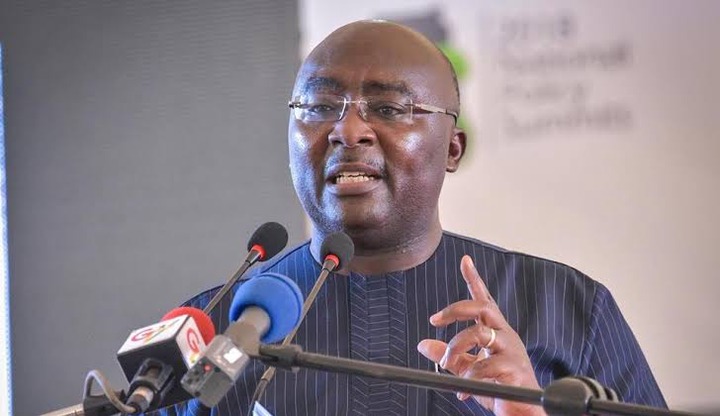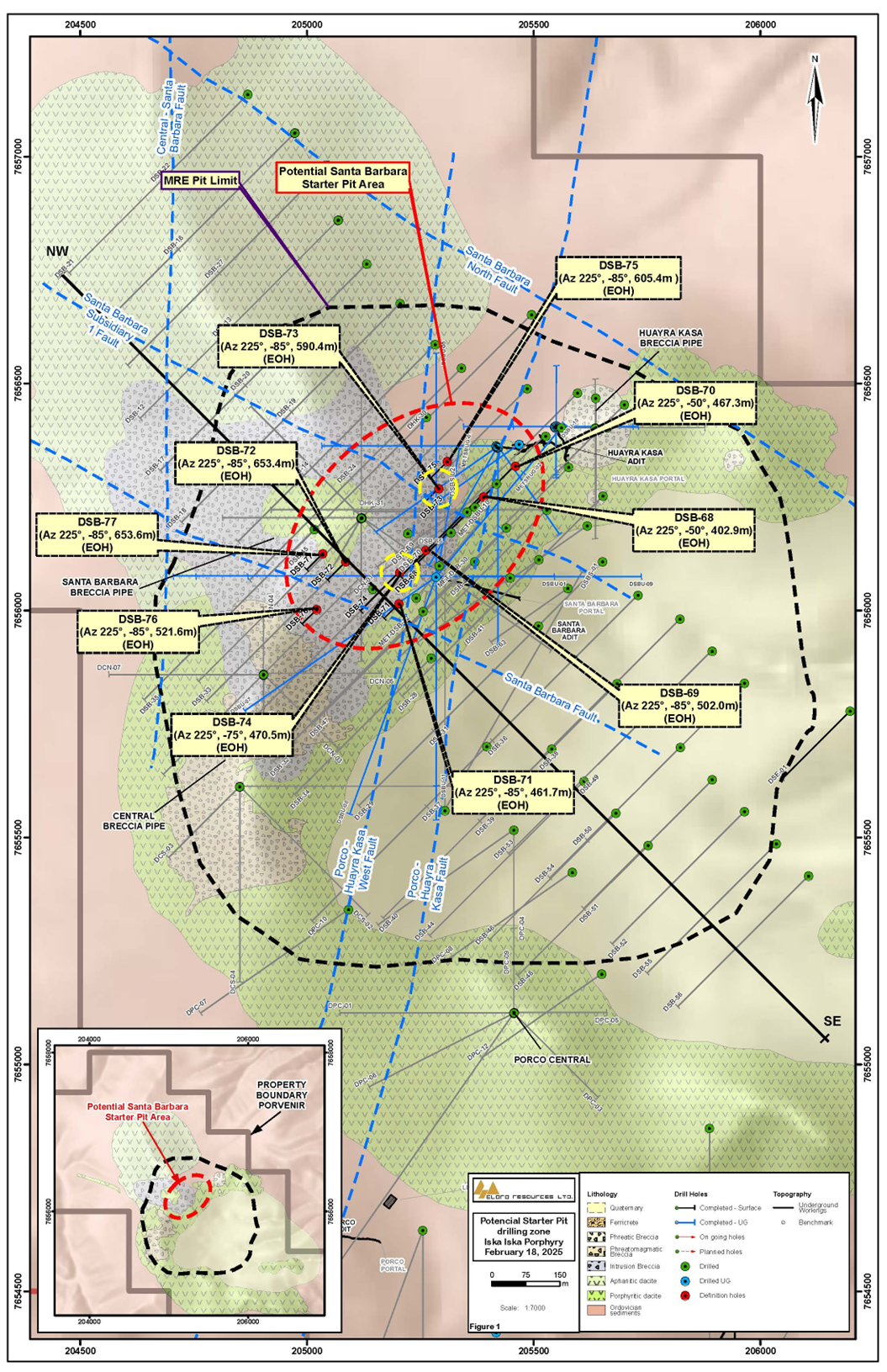
The Securities and Exchange Commission (SEC) issued Memorandum Circular (MC) 18, Series of 2024, last Dec. 26, 2024, which provides the guidelines for the disclosure of fees paid to external auditors by publicly listed companies and other public interest entities (PIE). These guidelines aim to enhance transparency and accountability in both financial and operational reporting, in line with the Code of Ethics for Professional Accountants.
Entities required to follow these guidelines include publicly listed companies, issuers with a class of securities listed for trading on an Exchange or issuers which have sold a class of securities pursuant to a registration under Section 12 of the Securities Regulation Code (SRC), and public companies or firms with assets of at least P50 million and 200 or more holders of at least 100 shares of a class of equity securities each. The rules also apply to companies in the process of filing their financial statements for the purpose of issuing any class of instruments in a public market as well as holders of secondary licenses issued by the SEC, Bangko Sentral ng Pilipinas (BSP), or the Insurance Commission (IC). The SEC may also designate additional entities as corporations imbued with public interest in the future.

The guidelines require covered companies to present fee-related information in a two-year comparative format containing the following information as a supplementary schedule in their audited financial statements (AFS): a) Fees paid or payable to (or agreed fees with) the external auditor/audit firm and network firms for the audit of financial statements on which the external auditor/audit firm expresses an opinion; b) Fees other than those disclosed under (a), charged (or billed) to a covered company for the provision of services by the external auditor/audit firm or a network firm during the period covered by the financial statements on which the auditor/firm expresses an opinion; c) Any fees, other than those disclosed under (a) and (b), charged to any other related entities over which the covered company has direct or indirect control for the provisions of services by the external auditor/audit firm or a network firm when the external auditor/audit firm knows, or has reason to believe that such fees are relevant to the evaluation of the audit firm’s independence; and d) If applicable, the fact that the total fees received by the external auditor/audit firm from the covered company represent, or are likely to represent, more than 15 percent of the total fees received by the external auditor/audit firm for two consecutive years (fee dependency), and the year that this situation first arose. The supplementary schedule need not be covered by an Auditor’s Report. As an exception, covered companies are not required to attach a supplementary schedule in their AFS if the information relates to a parent entity, or to an entity that is directly or indirectly wholly owned by another PIE, that also prepares group or consolidated financial statements which already include the supplementary schedule.
The exception does cover PIE subsidiaries that are required to file financial statements under Part II of SRC Rule 68 or are in the process of filing their financial statements for the purpose of issuing any class of instruments in a public market or any PIE-controlled companies with non-controlling interests or minority shareholders. The guidelines will apply to the AFS of companies for the period ending Dec. 31, 2024, and thereafter.
Covered companies that fail to comply with the guidelines will, after notice and hearing, face penalties as prescribed under the Revised SRC Rule 68 and the SEC’s consolidated scale of fines and penalties. Please be guided accordingly. Source: P&A Grant Thornton Certified Public Accountants.













